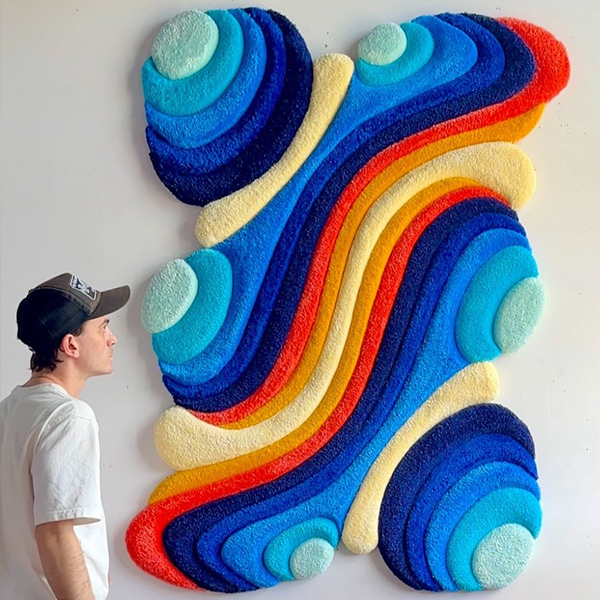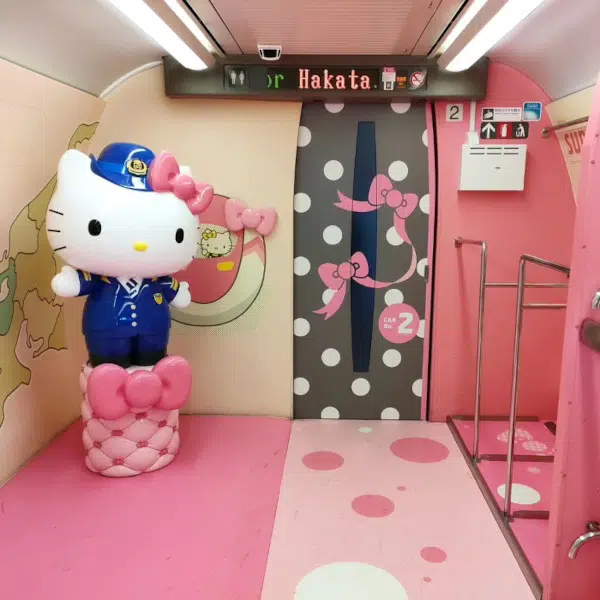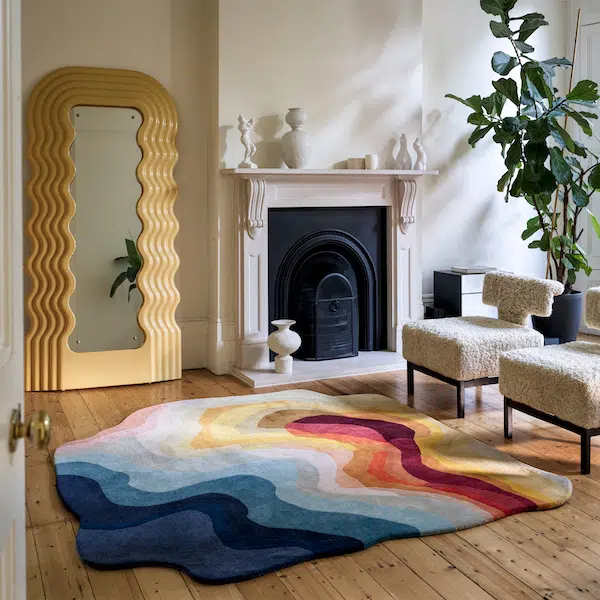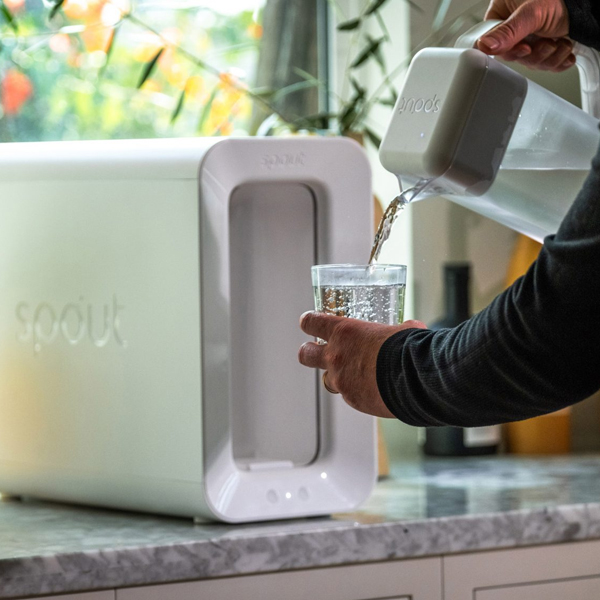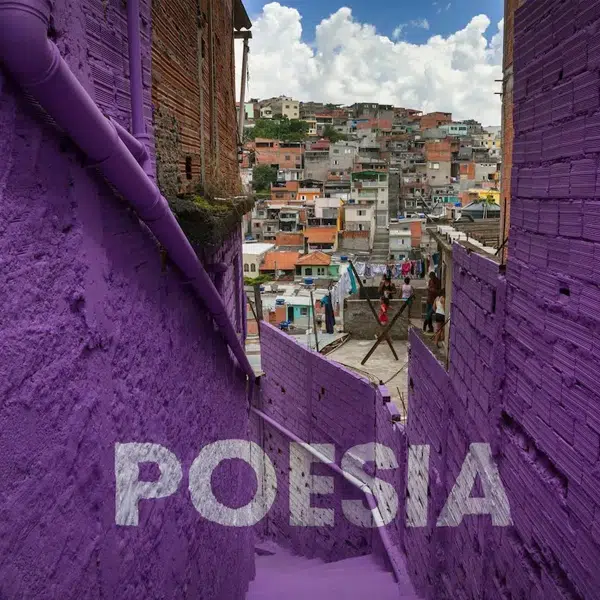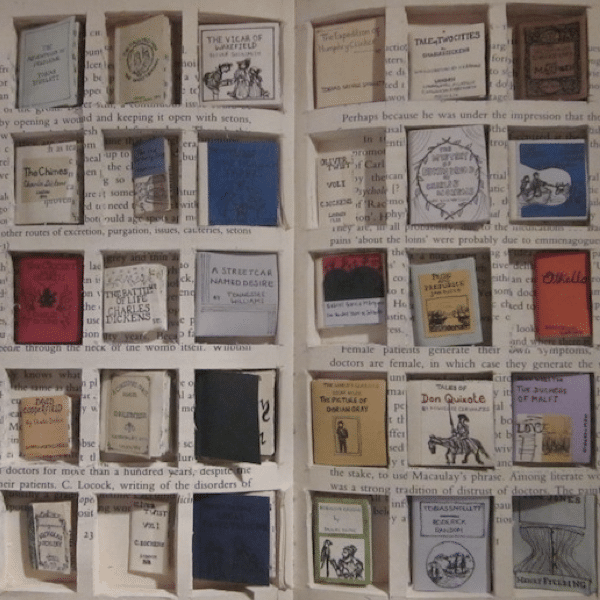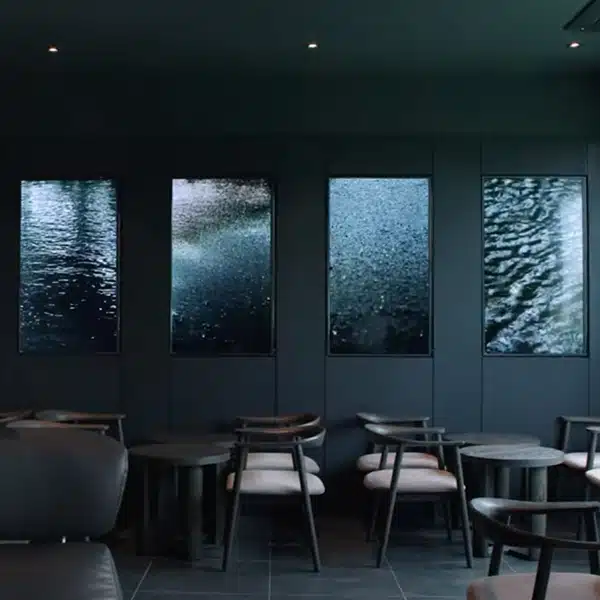Cleopatra the leopard tortoise was a victim of poor nutrition. When she was rescued by Colorado group Canyon Critters, handlers saw that her shell had developed dramatic peaks, which weaken her structure and leave her susceptible to injury from other tortoises. That's when a team of design students at Colorado Technical University stepped in to help, employing the use of 3D printing technology to create a brightly colored, protective shell topper for Cleopatra.
The students invested 600 hours into producing the final, working model. The team scanned Cleopatra, digitized her shape and built a computerized, 3D model of a shell topper to fit her. One of the main difficulties was tweaking the design program to allow gentle slopes in the plastic so that the piece draped naturally and comfortably over the tortoise's shell. The design files were then sent to a 3D printer, which lays down layers of plastic to fabricate an object that conforms to the digital plans. In this case, the creators used biodegradable plastic derived from corn.
Cleopatra will wear her new, special shell only when she's around other tortoises. Her keepers say they will probably affix the shell to her back using Velcro. This tortoise's special case goes to show that 3D printing technology is finding widespread use in the medical realm and is trickling down into mainstream use, creating life-saving and even delightful results.



Photo credit: RJ Sangosti / The Denver Post












































































